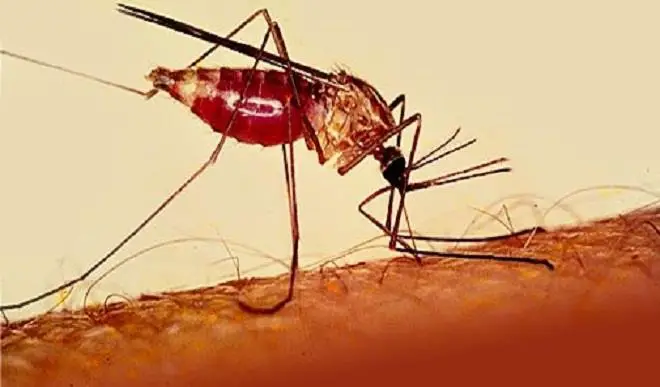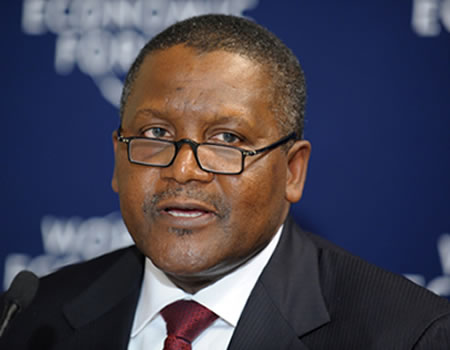Gom Mirian
Residents of Ondo State have spent over N20 billion on malaria treatment, a World Bank Committee has revealed.
The steering committee for the World Bank Immunisation Plus and Malaria Progress by Accelerating Coverage and Transforming Services (IMPACT) project was inaugurated at the Ondo Ministry of Health, and it aims to strengthen the efforts to fight malaria in the state.
According to the head of the committee and state Malaria Programme Manager, Dr Waheed Folayan, the project would focus on accelerating coverage and transforming services to tackle malaria.
Folayan disclosed that residents of the state spend about N20 billion on the prevention and treatment of malaria disease annually, saying “It is estimated that Nigerians spend 25% of their annual income treating malaria. It generally reduces Nigeria’s GDP annually by one per cent.
“In addition, malaria has been noted to be a cause of poverty. Today an estimated 100 million Nigerians live on less than $1.9 per day.
“In Ondo State for example, it is estimated that every household spent an out-of-pocket of at least N8,000 on preventive materials and treatment with antimalarial across about 1.5 million households estimated at a cost of about ₦12 Billion out of the economy of Ondo State annually.”
Ondo State Commissioner for Health, Dr Banji Ajaka, added that the IMPACT project would strengthen the health sector of the state by reducing the under-five mortality rate by 40 percent in the first phase and improving the utilisation and quality of immunisation and malaria services in the state.
He noted that the project which has a 5 year span started in 2020 when the national mortality was 132 per cent. He noted that Ondo state’s under-five mortality rate is 65 percent per 1,000 life birth and “reducing by 40% will bring us to 25 percent. We are far better than the national figure but we are going to still do more to reduce it more.
“We have a herculean task before us, this programme started in 2020 and it is a five-year project which means we have just two years to implement the programme. We need to speed up the implementation,” he charged.



